The use of sodium hypochlorite in water purification - basics, methodology and perspectives
Sodium hypochlorite, also known as active chlorine solution or white solution, is a chemical compound with the formula NaClO. It has been widely adopted in the water purification industry due to its exceptional disinfecting properties. This article will discuss the basics of sodium hypochlorite, its application in the water purification process, and potential perspectives.

Application in Water Purification
Sodium hypochlorite, which is a powerful oxidizing agent, plays a crucial role in water purification at various levels - from individual households to extensive municipal and industrial systems. The application of this compound is diverse and includes areas such as drinking water disinfection, maintaining hygiene in swimming pools, and industrial processes that require purified water.
Drinking Water Disinfection
Sodium hypochlorite is commonly used for drinking water disinfection, both at the local and municipal level. Its action involves deactivating and eliminating harmful microorganisms such as bacteria, viruses, and protozoa, which can cause various diseases such as cholera, salmonellosis, or dysentery.
The precise dosage of sodium hypochlorite is tailored to the quality of the raw water and is continuously controlled to ensure effective removal of pathogens while minimizing the formation of unwanted disinfection by-products. After disinfection, sodium hypochlorite rapidly decomposes, forming chlorine, which acts as a reservoir of disinfection, keeping the water safe from microorganisms until consumption.
Swimming Pool Water Purification
Sodium hypochlorite is also an indispensable agent in the purification and disinfection of swimming pool water. Its strong bactericidal properties help control the growth of microorganisms such as bacteria and algae, which can contaminate the water and pose a health risk to pool users.
In addition, sodium hypochlorite is effective in maintaining water transparency, which is crucial for pool safety, allowing lifeguards and users to have a clear view of the pool bottom.
Industrial Applications
In the industrial sector, sodium hypochlorite is used in a wide range of applications that require purified water. In the food industry, it is used to disinfect water used in food and beverage production processes to prevent the spread of microorganisms that can endanger food safety.
In the pharmaceutical industry, sodium hypochlorite is used to maintain the sterility of equipment and tools, as well as in the production of medicines to prevent microbial contamination.
Similarly, the energy industry, especially nuclear power plants, uses sodium hypochlorite for the purification of cooling water, which is crucial for safety and operational efficiency.
Additionally, sodium hypochlorite is often used in the textile industry for fabric bleaching and in the paper industry for pulp delignification. In both cases, purified water is a key component of the process.
Wastewater Treatment
Sodium hypochlorite is also widely used for the disinfection of wastewater and effluents. Due to its effectiveness in eliminating bacteria, viruses, and other microorganisms, it is a valuable tool in the waste management industry. It is used for treating water discharged into the natural environment, minimizing the impact on aquatic ecosystems and preventing the spread of diseases.
Household Applications
On a domestic scale, sodium hypochlorite is often used for drinking water purification, especially in areas where access to safe, clean water is limited. Small-scale sodium hypochlorite production devices, which are easy to operate and maintain, are becoming increasingly available, enabling individual households to effectively purify water on-site.
In summary, sodium hypochlorite is a versatile and effective water purification agent, with applications ranging from drinking water and swimming pool purification to various industrial and waste management uses. Despite certain challenges, such as the potential formation of harmful by-products, it is an essential tool in providing safe, clean water worldwide.
Check out our range of cleaning products!
Benefits and Challenges
Sodium hypochlorite, used as a water disinfection agent, offers a range of advantages that have made it one of the most widely used disinfectants worldwide. However, like any technology, it is not without its challenges and limitations, which must be considered during its application.
Benefits of Sodium Hypochlorite Usage
-
Effectiveness: Sodium hypochlorite is highly effective in eliminating a wide range of microorganisms, such as bacteria, viruses, and certain types of protozoa that can cause diseases.
-
Speed of Action: As a potent oxidizing agent, sodium hypochlorite acts quickly on microorganisms, deactivating them within a short period, allowing for rapid and efficient water purification.
-
Disinfection Reservoir: After decomposition, sodium hypochlorite leaves behind an active chlorine reservoir in the water, which continues the disinfection process, providing protection against potential secondary contamination.
-
Cost-effectiveness: The production and use of sodium hypochlorite are relatively inexpensive, making it accessible for a wide range of applications, from household to municipal and industrial settings.
Challenges Related to Sodium Hypochlorite Usage
-
Oxidation Risk: Sodium hypochlorite is a potent oxidizing agent, which means it can be hazardous if not used properly. It can cause skin and eye irritation and is potentially dangerous if swallowed or inhaled.
-
Disinfection By-Products: Sodium hypochlorite can react with certain organic compounds present in water, resulting in the formation of disinfection by-products such as trihalomethanes and haloacetic acids. These compounds are potentially harmful to health, and therefore, monitoring their levels is necessary.
-
Limitations in Disinfection Scope: Although sodium hypochlorite is effective against many types of microorganisms, it is not effective against all. For example, cysts and oocysts of certain parasites are resistant to chlorine's action.
Perspectives
Despite its challenges, sodium hypochlorite has a range of benefits that contribute to its continued position at the forefront of water disinfection technologies. Its efficiency, rapid action, ability to maintain an active disinfection reservoir, and relatively low cost make it one of the most preferred disinfection agents.
However, as in any technological field, innovations have the potential to transform the future landscape of water disinfection.
-
Development of Safe Disinfection Technologies: As understanding of the potential risks associated with disinfection by-products grows, technologies aiming to minimize these risks are being developed. For example, research focuses on methods that allow for the effective use of sodium hypochlorite without the formation of hazardous by-products. Such innovations can significantly reduce the potential adverse health effects associated with the use of sodium hypochlorite.
-
On-Site Production Innovations: There is a growing interest in technologies that enable the on-site production of sodium hypochlorite. This allows for the disinfection process to be carried out without the need for transportation and storage of large quantities of chemical disinfectants. It can also significantly reduce costs and increase the availability of water disinfection using sodium hypochlorite, especially in remote or hard-to-reach areas.
-
Hybrid Applications: There is also potential to use sodium hypochlorite in combination with other water purification technologies, such as membrane filtration, UV radiation, or advanced oxidation processes. Hybrid approaches can effectively combine the strengths of different technologies, enhancing overall disinfection efficacy and improving water quality.
Summary
Sodium hypochlorite is an invaluable tool in water purification, offering an effective method of disinfection against many microorganisms. While it comes with certain challenges, including the potential formation of harmful by-products, research on the safe and effective use of this compound is ongoing. With further technological advancements and research, sodium hypochlorite will continue to play a crucial role in providing safe drinking water to populations worldwide.
Check out our range of toilet equipment!






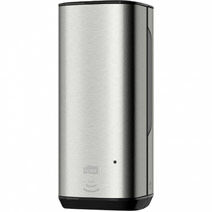
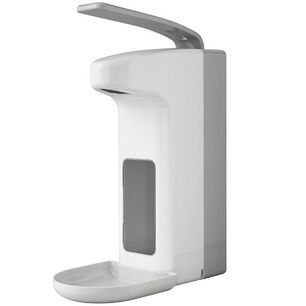
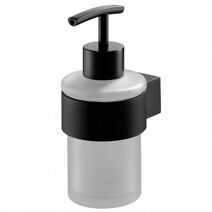

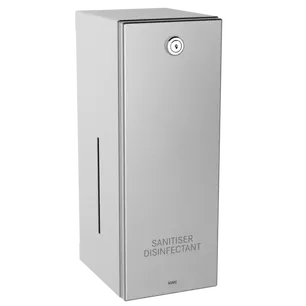



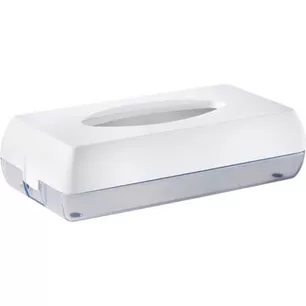
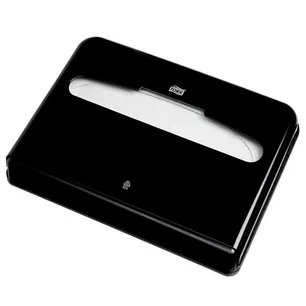

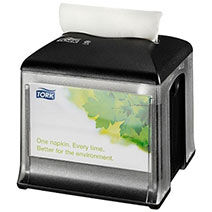

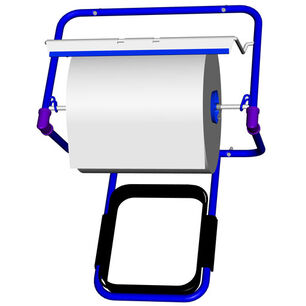
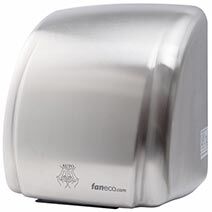
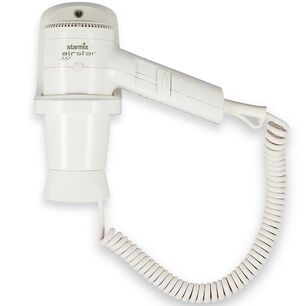









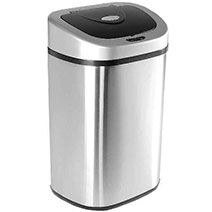
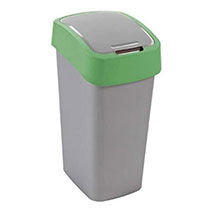



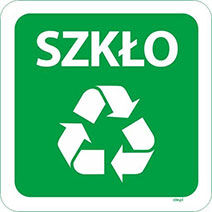
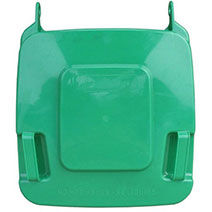

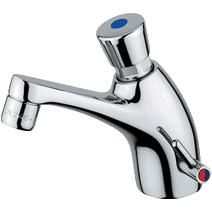



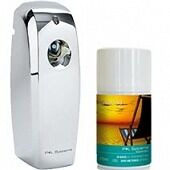

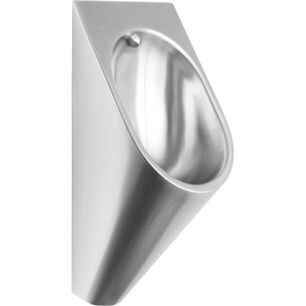

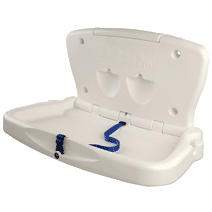
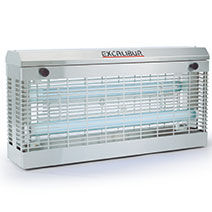
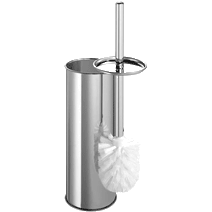
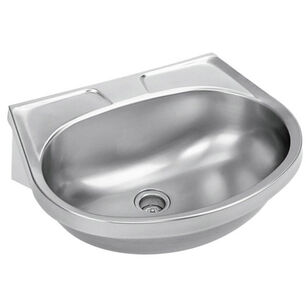

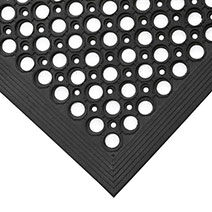


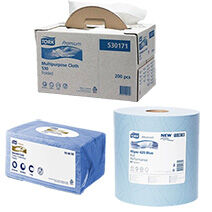



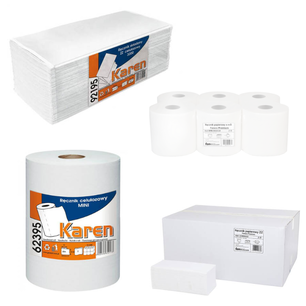
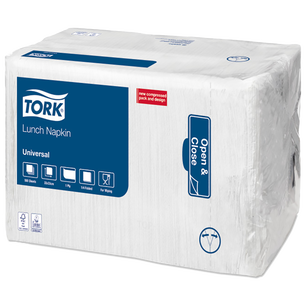
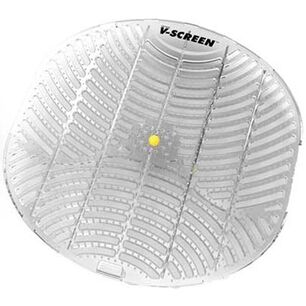


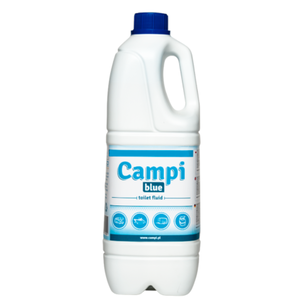
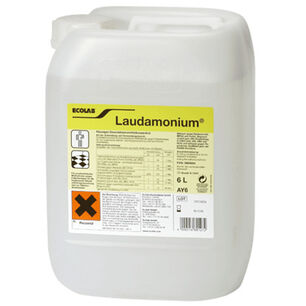
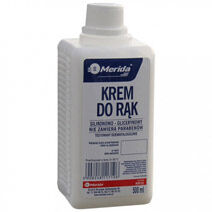
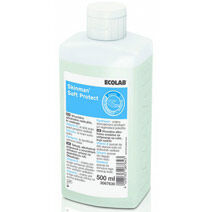
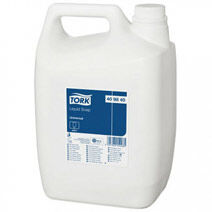
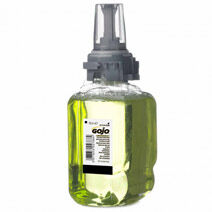
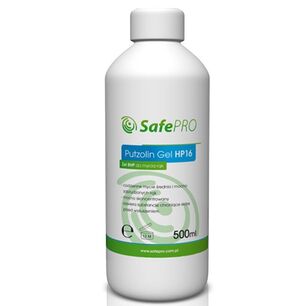
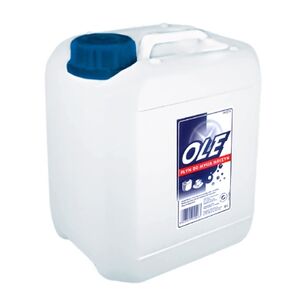
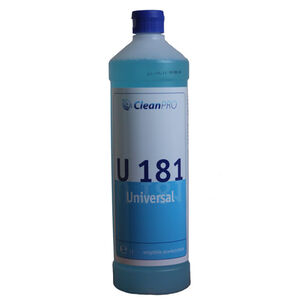
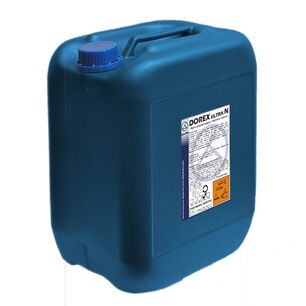
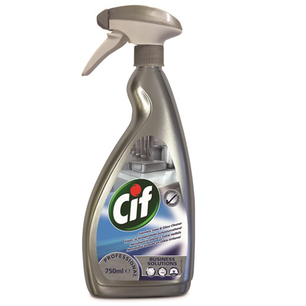
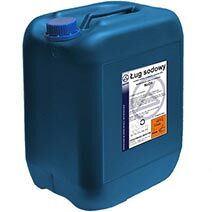

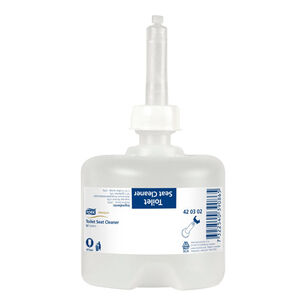






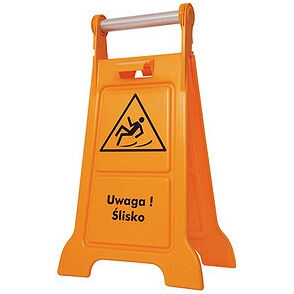

 Polski
Polski
 Czech
Czech
 German
German
 Spanish
Spanish
 Slovak
Slovak